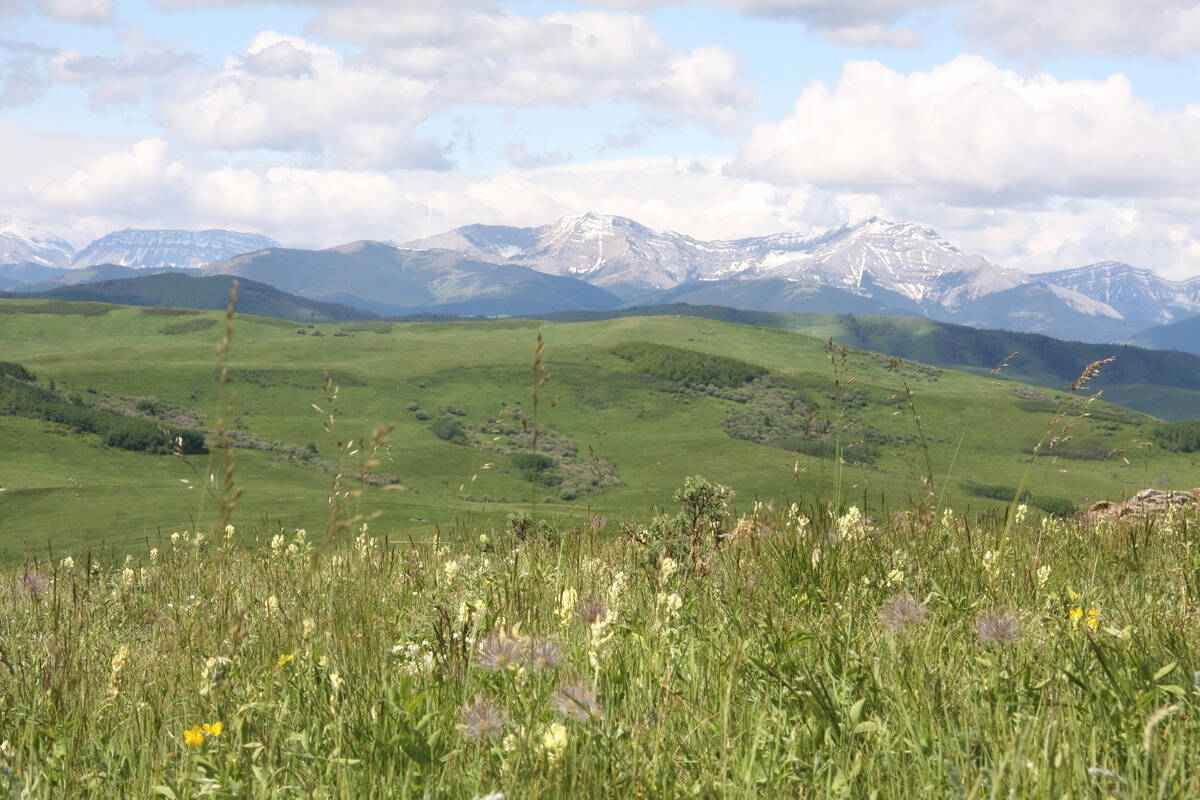Security simplified | New American initiative allows producers greater control over farm management options
CHICAGO (Reuters) — An open source project in the United States will standardize farm data formats and improve communication between farm equipment and farm management tools made by different companies.
The Open Agriculture Data Alliance (OADA), a partnership between Purdue University researchers and a group of agricultural companies, will also seek to set standards on data privacy and security.
It is among the top concerns of farmers who are gathering and sharing increasingly deep pools of data from high tech farm machines armed with global positioning technology and wireless data transfer capability.
Read Also

Selenium not deal breaker in coal mining: expert
Environmental scientist weighs in on coal mining debates in Western Canada, explaining selenium and the technologies and practices to lower its concentrations in nearby waterways to coal mining operations
“The purpose is to solve some of the issues that farmers have dealing with their data,” said Aaron Ault, a senior research engineer at Purdue’s Open Ag Technology Group and project lead for OADA.
Agricultural data can include farm financial documents, futures market positions, the number of seeds planted per acre and the amount of rainfall in each field.
“We will solve as many problems with technological solutions as we possibly can,” Ault said.
“The ones that we cannot solve with technological solutions we will solve with common language that lets the farmer know, up front, what it is they are getting into when they enter into agreements with these different companies.”
Project participants include the agricultural data science company Climate Corp., Valley Irrigation, farm co-operative Growmark, equipment maker CNH Industrial, seed company AgReliant Genetics and farm product suppliers Wilbur-Ellis Company and WinField.
Agriculture companies have been investing heavily in precision agriculture and data analytics tools over the past year.
They have launched services that will analyze data and make recommendations to boost crop yields or increase efficiency by pairing soil types with optimal seeds or focusing chemical applications only where they are needed.
However, the high tech tools have raised concerns that data shared by farmers could be misused or sold to third parties.
The companies have reassured farmers that their data is safe in often-lengthy privacy statements, but OADA will seek to standardize privacy and security guidelines industry wide.
It will also create a “reference implementation” of a cloud storage and data analytics service to set an example for the industry on how an OADA-compliant system should function. Developers are invited to contribute software code to improve upon the template or use it to create their own OADA-compliant tools.
“No company owns the intellectual property that is part of the project, so how each company decides to take it and use it to their own benefit is really up to them,” Ault said.
“It really opens up the ability for small players to innovate. And it allows the farmer to choose the best-in-class solution instead of the one that happens to work with his equipment today.”














